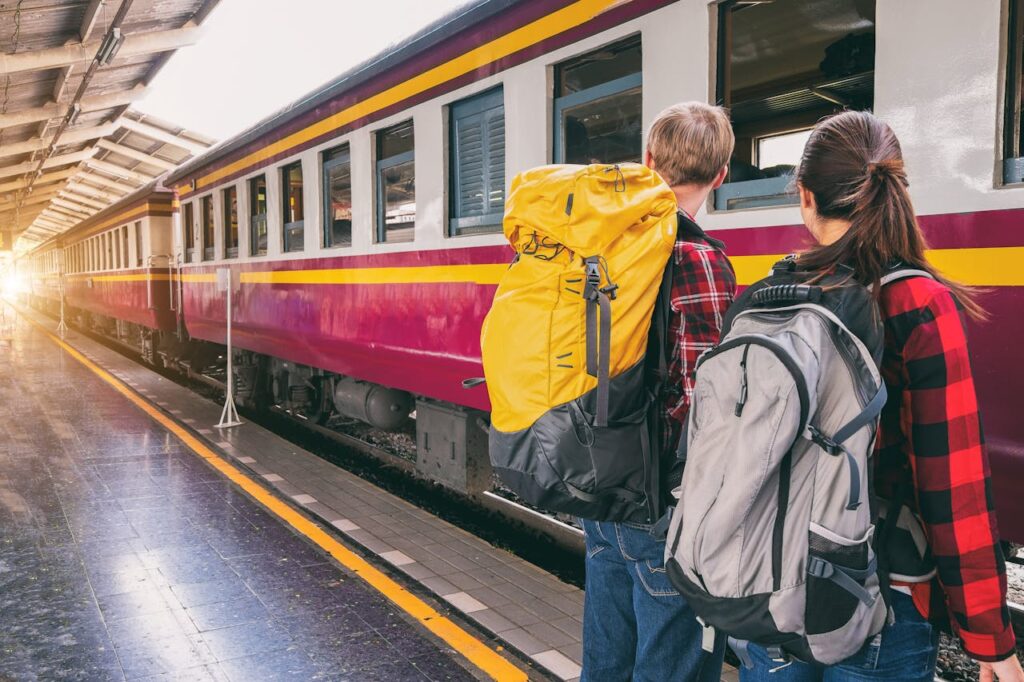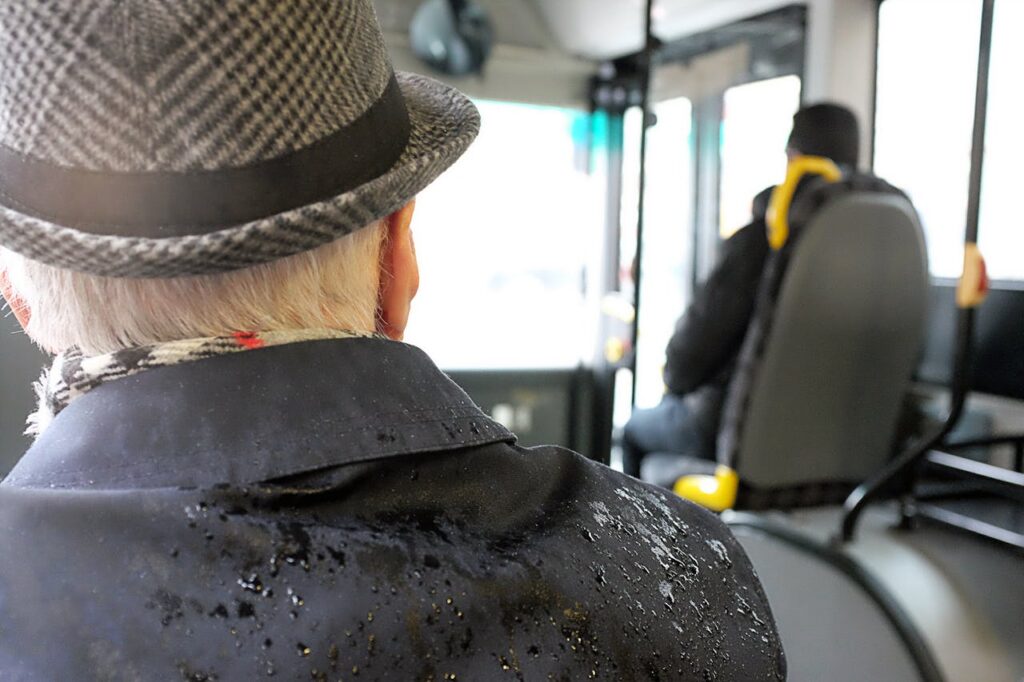The Ultimate Guide to Watching a Solar Eclipse Safely The natural spectacle of a solar eclipse commands awe and reverence across the globe. It is nature’s stroke of cosmic artistry, a moment of celestial ballet that unites onlookers in wonder. For astronomy enthusiasts, outdoor adventurers, and families alike, witnessing an eclipse can be a life-changing event – one that’s not without its perils if safety precautions aren’t heeded. This comprehensive guide will ensure that when you witness the dance of Earth, moon, and sun, you do so responsibly and safely – without compromising the magic of the experience. Understanding Solar Eclipses Before plunging into the safety details, it’s crucial to grasp what makes a solar eclipse so enthralling. On a rudimentary level, a solar eclipse occurs when the moon comes between the sun and the earth, casting a shadow on our planet. The two main types are: Partial Eclipse: When the moon covers part of the sun’s disk, resembling a dark bite taken out of the sun. Total Eclipse: The moon completely obscures the sun, revealing the solar corona – the sun’s normally invisible outer atmosphere – in a splendor only visible during this phenomenon. How Do Solar Eclipses Occur? Understanding the geometry behind eclipses is the key to predicting and enjoying them. The moon’s path during an eclipse is called the path of totality. While the average eclipse is visible from a small portion of the earth’s surface, a select few cover substantial ground. Eclipses occur approximately every 18 months and can be witnessed twice a year. Planning for the Eclipse Just as celestial bodies align meticulously to give us a solar eclipse, your plans for witnessing one should be equally deliberate. Predicting and Tracking Eclipses Several tools exist for predicting the occurrence and visibility of a solar eclipse. Apps and websites offer real-time data, while ephemeris tables chart the positions of astronomical bodies. Astronomical societies and organizations often provide eclipse maps and detailed information to enthusiasts and the public. Choosing the Best Viewing Location The site you choose will determine the quality of your eclipse experience. Factors to consider include cloud cover, light pollution, and the local terrain’s visibility. Select open spaces with unobstructed views, and, if possible, aim for the center of the eclipse’s path. Safety First: Watching the Eclipse Safely Eclipse viewing safety should never be an afterthought. Despite the grandeur, the sun’s rays are as dangerous during an eclipse as any other time. Protecting your eyes during a solar event is paramount. Observing with Proper Eye Protection Approved solar viewing glasses or handheld solar viewers with ISO 12312-2 certification are essential. Standard sunglasses, even those labeled UV-resistant, are not sufficient. They can cause serious eye damage. Alternative Viewing Methods For those without appropriate eyewear, there are safe ways to witness the eclipse: Pinhole Projectors: A simple, effective method involving projecting the eclipse’s image onto a surface using two sheets of paper. Telescopic Viewing: Attaching a solar filter to your telescope vastly improves the eclipse’s detail and can be used with proper observation methods concerning filter integrity. Live Streams: Organizations and observatories often broadcast a live feed, allowing you to witness the event without direct viewing. Capturing the Moment For many, it’s not enough to see; they must also preserve the memory. Photography and recording of a solar eclipse introduce a new set of considerations. Photographing the Eclipse Photographing a solar eclipse is a high-stakes venture for your camera equipment. The intense light can damage unfiltered lenses and sensors. Use a solar filter or dedicated eclipse glasses over the camera’s lens. For smartphone photography, cover the lens with the solar viewer and watch the screen instead. Recommended Equipment and Settings A tripod is essential for stability. Set the camera to manual mode and focus to infinity. Use the lowest ISO for clarity and set a high shutter speed to capture the sharpness of the eclipse. Past and Future Eclipses Each eclipse connects us to the past and future, serves as a marker of time, and underscores the unending motion of our universe. Familiarize yourself with historic eclipses and anticipate those on the horizon. Notable Past Eclipses Recall the solar eclipses that have made history, such as the Great American Eclipse of 2017, and how they impacted culture, science, and societal beliefs. Upcoming Eclipses Plan ahead for future celestial events. The next total solar eclipse in the United States, for instance, will take place in April 2024. Research its projected path and start planning now. Community and Family Engagement The eclipse is a communal experience that brings families, friends, and even strangers together. Make it an educational and unifying event. Organizing Viewing Events Community or family gatherings centered around the eclipse can be both enriching and enjoyable. Organize a safe viewing party with refreshments, discuss the science behind the eclipse, and share tips and experiences with fellow enthusiasts. Involving Children Safely Teach your children the wonder of the cosmos with an age-appropriate explanation of the eclipse and interactive demos. Ensure they understand the importance of safety with simple analogies and activities before the event. Conclusion A solar eclipse is a singular event that has inspired and puzzled humanity throughout history. From ancient myths to modern scientific research, this natural occurrence resonates in profound ways. By watching the eclipse safely, you not only protect your vision but also enhance the experience for yourself and those around you. We encourage you to document the event, engage with your community, and, most importantly, share your newfound knowledge and passion for our incredible universe. For more safety guides and astronomical insights, subscribe to our newsletter and keep exploring the cosmos responsibly. Remember, the next eclipse isn’t just a wonder—it’s an invitation to join in the oldest show in the universe, so prepare, watch, and cherish every safe moment.


